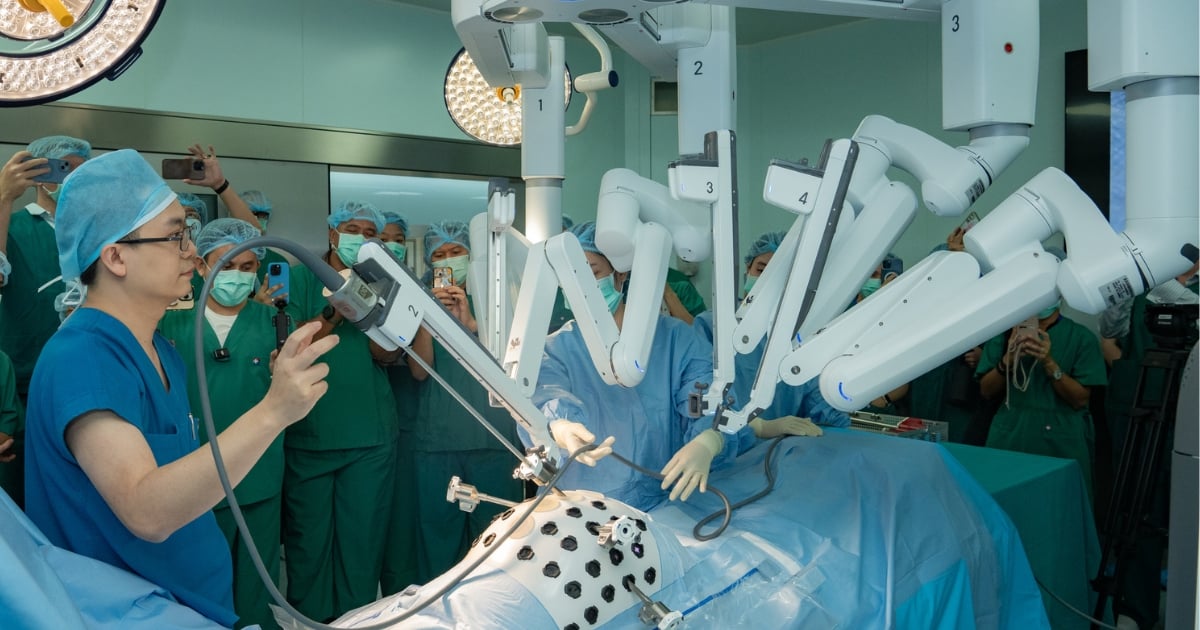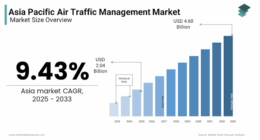Expanding Access to Advanced Cancer Care
Robotic Surgery for Multiple Cancer Types
The NHSO’s funding will benefit patients diagnosed with prostate, colorectal, liver, pancreatic, and bile duct cancers. The program aims to serve approximately 500 prostate cancer patients, 50 colorectal cancer patients, and 50 individuals with liver, pancreatic, or bile duct cancer. This allocation demonstrates Thailand’s commitment to providing cutting-edge medical treatments to a broader population.
State-of-the-Art Technology in Thai Hospitals
Investing in Robotic Surgical Systems
Leading healthcare providers in Thailand are investing heavily in robotic surgery capabilities. Bangkok Hospital has invested over 200 million baht to establish a cutting-edge robotic surgery center equipped with multiple operating rooms and advanced robotic platforms, including the da Vinci Xi Surgical System. This significant investment positions Thailand as a potential hub for robotic-assisted surgery in Southeast Asia.
Benefits of Robotic-Assisted Surgery
Improved Patient Outcomes and Recovery
Robotic surgery offers numerous advantages over traditional surgical methods. Hospitals implementing these advanced techniques have reported reduced blood loss, shorter recovery times, faster patient mobilization, and decreased risk of infection and unplanned readmission. In prostate cancer cases, robotic systems have enabled nerve-sparing techniques that preserve urinary function, while in lung cancer cases, they allow for more precise lymph node removal without causing nerve damage.
Future of Robotic Surgery in Thailand
Expanding Capabilities and Training
Thailand’s healthcare sector is poised for further growth in robotic surgery. Bangkok Hospital’s 5-year roadmap includes expanding its robotic surgery capabilities to cover more specialties, such as ear-nose-throat surgery. The country is also investing in education and training to establish itself as a regional center for skill development in robotic surgery, aiming to become a recognized center of excellence in this field.By embracing robotic surgery, Thailand is not only improving cancer treatment outcomes but also positioning itself as a leader in advanced medical technologies in Southeast Asia. This progress promises to benefit both local patients and medical tourists seeking high-quality, innovative cancer care.









